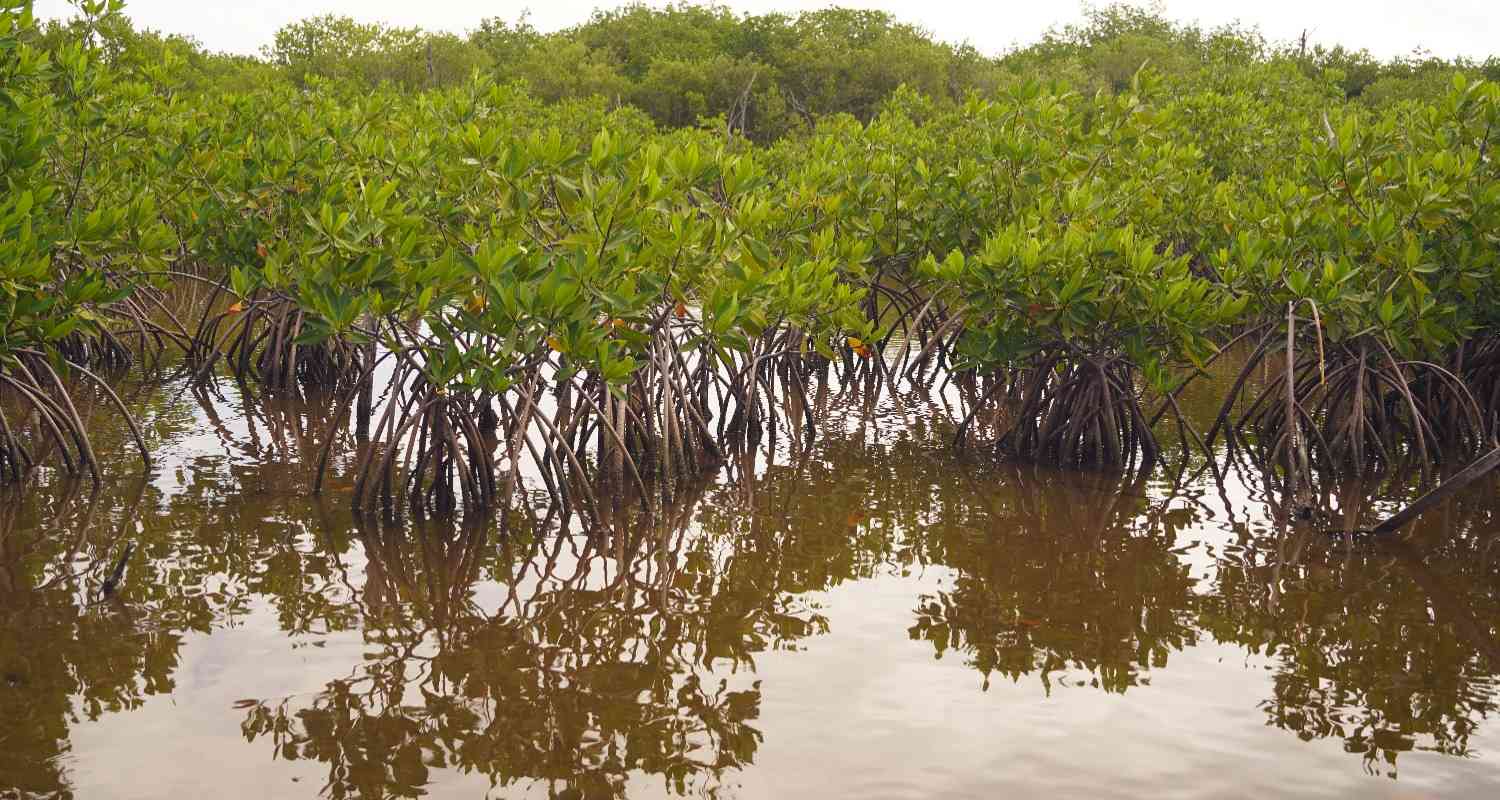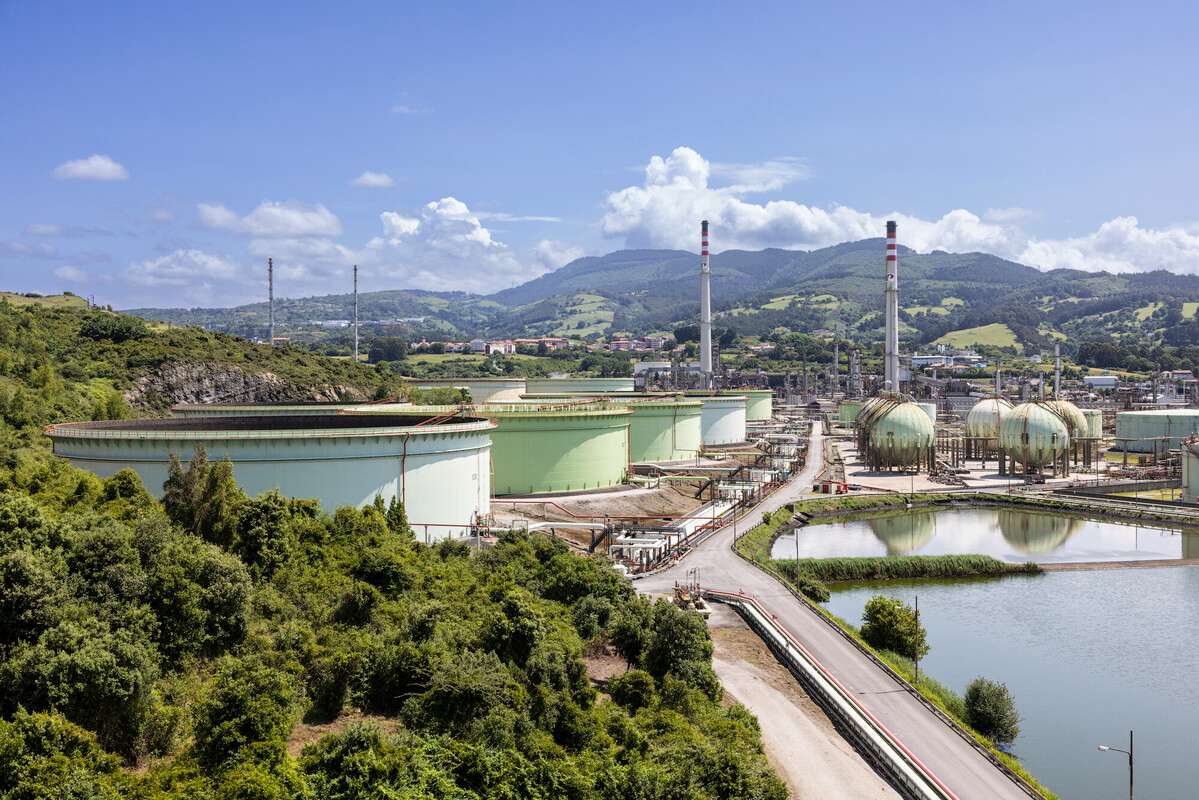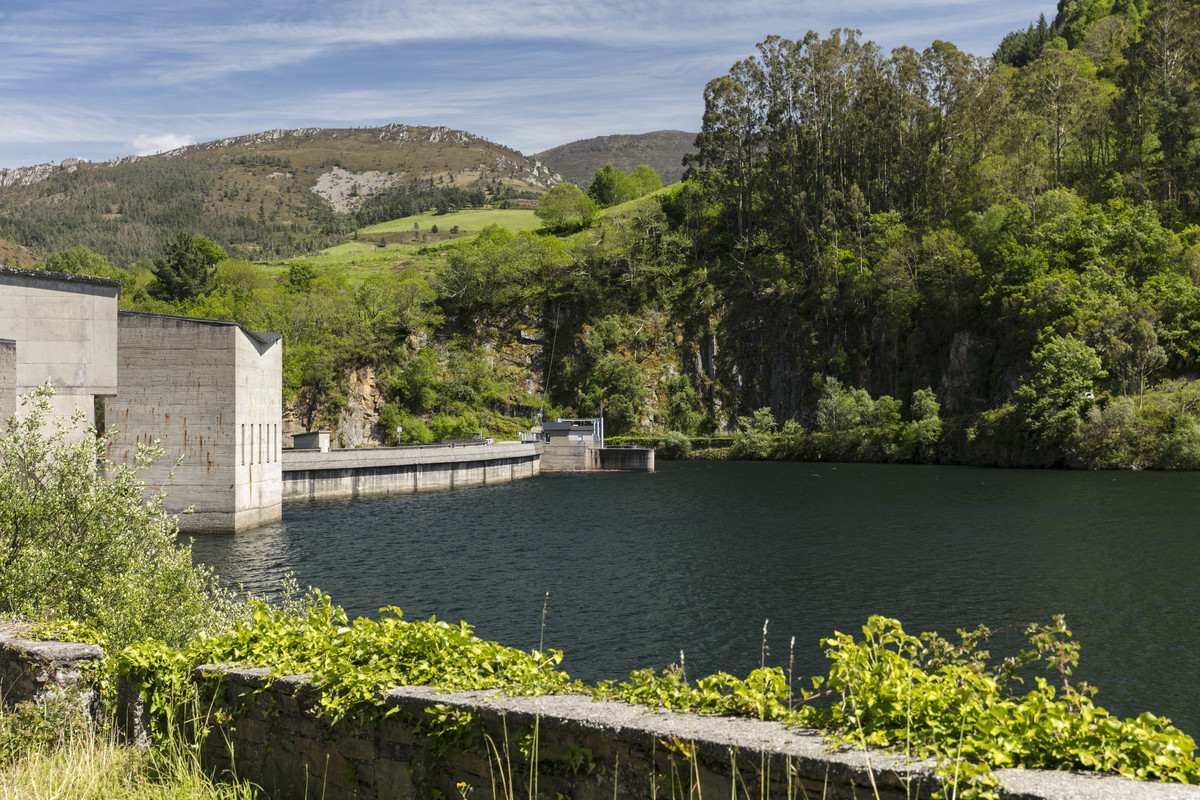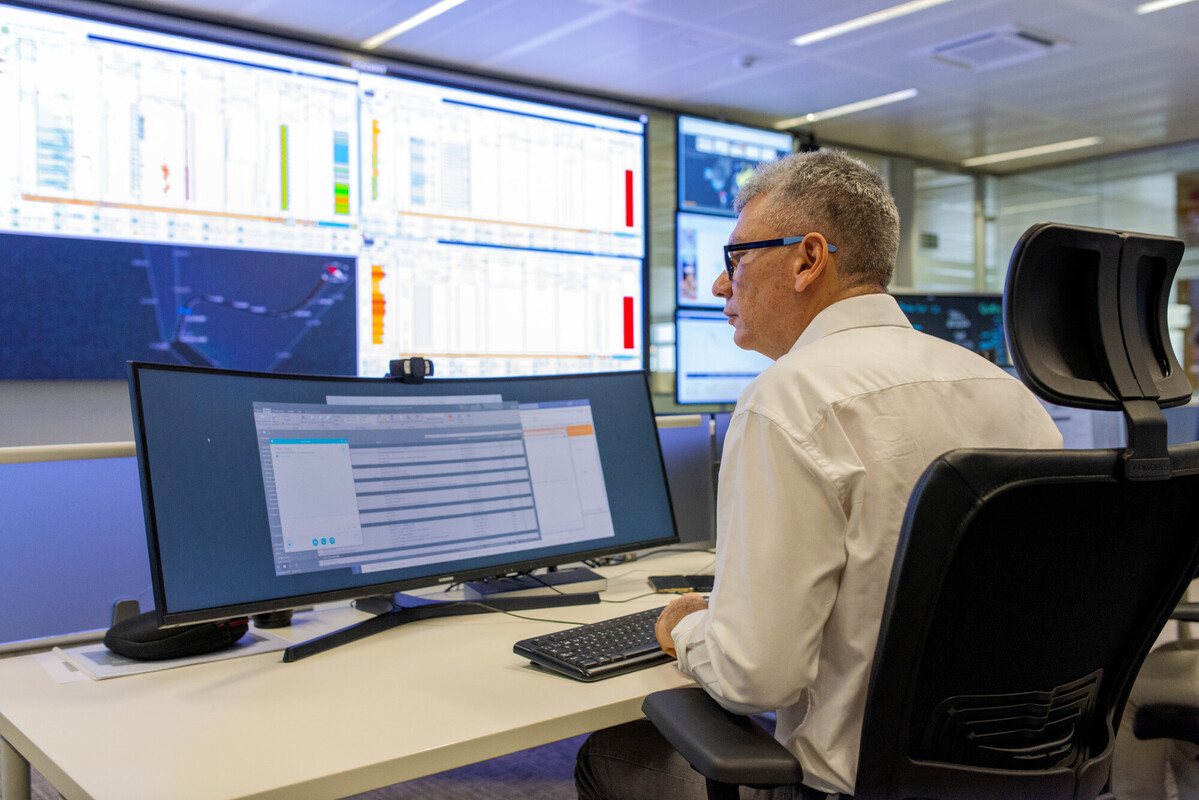Our commitment to the environment
Our commitment to the environment
As established in our Environment policy, we promote the integration of the principles of the circular economy by optimizing the use of resources, the protection and conservation of biodiversity, water management as a key element in the implementation of climate change adaptation strategies, and the prevention and control of polluting emissions to the air, water, and soil.
Natural capital: Inherent in our decisions
Natural capital encompasses natural resources that contribute to human well-being, the development of society, and the advancement of the global economy. This contribution is made through ecosystem services from which we get energy, materials, cultural aspects, etc.
We have developed a methodology and a digital tool, called Reads, which enables us to conduct a comprehensive assessment of environmental impacts of projects and operations at a global level, facilitating decision-making based on the monetary valuation of these impacts.
- Policy Policy
- Objectives Objectives
- Reports Reports
- KPIs KPIs
- Partnerships Partnerships
- Certificates Certificates
Check out more information on sustainability
Contact the Sustainability area
Contact the Sustainability area
Updated as of December 2025.









